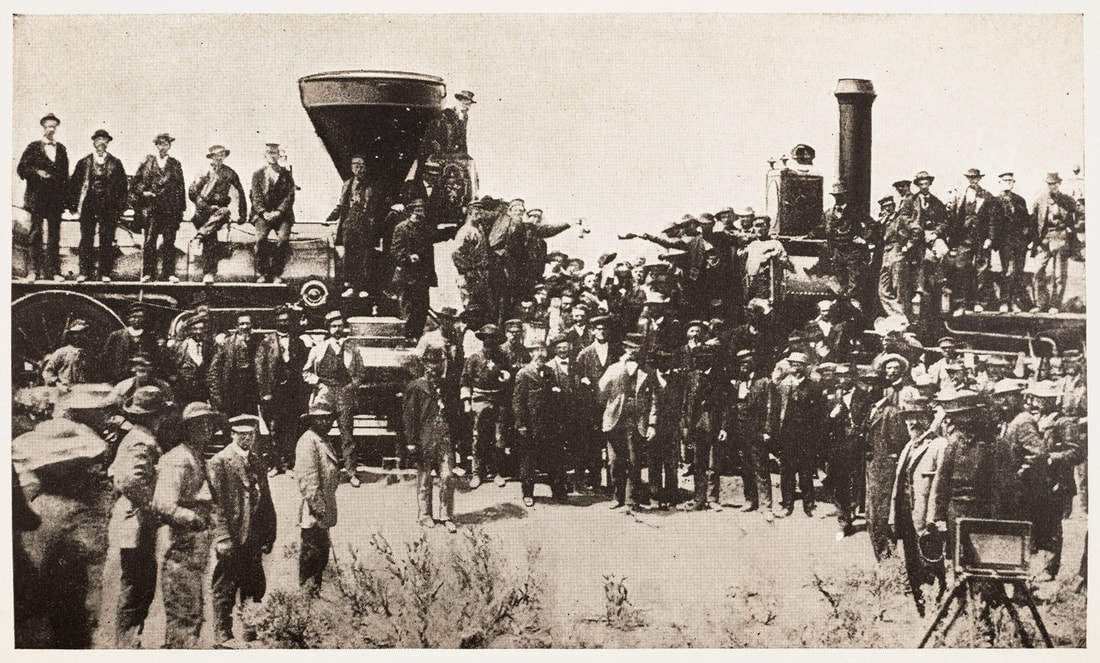In honor of the 50th Anniversary of the Lunar Mission which put a man on the moon, I figured I'd repost one from February, 2018. Hey, when you've got almost six years of blog posts to move, there's a lot of reblog.
****
Unless you were living under a rock for the first week of February, you couldn’t have missed the news that Elon Musk and SpaceX have made history. Made it with a bit of flair, too. Seriously, who launches a $100,000 Tesla Roadster into space with a mannequin behind the wheel in a spacesuit as the test payload while playing David Bowie’s “Starman”? The mannequin is even named “Starman.”
I watched the launch in tears. Mars is suddenly attainable. Perhaps not in my lifetime, but most definitely in the lifetime of my children. Maybe by the time my grandchildren are adults, they’ll be able to purchase tickets to go to Mars for spring break. (Maybe not spring break, but perhaps for a whole new definition of a semester abroad.)
In case you couldn’t tell, the science geek in me was almost orgasmic.
Yes, there were a few failures on this launch. Starman isn’t going to Mars. Oops. Overshot that one. (Or, as I say when I get lost going to a dog show—I’m not lost. I’m taking the scenic route. He’s taking the scenic route through our galaxy.) The center core didn’t survive landing. However, watching the landing of the two side boosters (and I’ve watched it over and over) simultaneously and in perfect synchronicity… DUDE! That was just plain and simple showing off. I’m pretty sure I shouted “Show-off!” when I watched the landing live.
****
Unless you were living under a rock for the first week of February, you couldn’t have missed the news that Elon Musk and SpaceX have made history. Made it with a bit of flair, too. Seriously, who launches a $100,000 Tesla Roadster into space with a mannequin behind the wheel in a spacesuit as the test payload while playing David Bowie’s “Starman”? The mannequin is even named “Starman.”
I watched the launch in tears. Mars is suddenly attainable. Perhaps not in my lifetime, but most definitely in the lifetime of my children. Maybe by the time my grandchildren are adults, they’ll be able to purchase tickets to go to Mars for spring break. (Maybe not spring break, but perhaps for a whole new definition of a semester abroad.)
In case you couldn’t tell, the science geek in me was almost orgasmic.
Yes, there were a few failures on this launch. Starman isn’t going to Mars. Oops. Overshot that one. (Or, as I say when I get lost going to a dog show—I’m not lost. I’m taking the scenic route. He’s taking the scenic route through our galaxy.) The center core didn’t survive landing. However, watching the landing of the two side boosters (and I’ve watched it over and over) simultaneously and in perfect synchronicity… DUDE! That was just plain and simple showing off. I’m pretty sure I shouted “Show-off!” when I watched the landing live.
Anyway, I digress...I spent several hours of the next ten hours or so (before the battery on the Tesla Roadster died) watching the live feed of Starman orbiting the earth. We live on such a beautiful blue planet. Such a pale blue dot, a shimmering sapphire set in black velvet. I wonder, if a future generation of Martian born humans will view Mars with the same awe that we do when we see our home planet from space. Will Mars be that fiery red dot they call home?
All of this got me to thinking. (No, I'm not planning a science fiction romance.) As a western historical romance writer, when I’m writing, I put myself into the mindset of my characters. Rapid transport in the late 1800s was by railroad and when the Transcontinental Railroad was completed with the driving of the final spike at Promontory Summit, Utah, travelling at 30 MPH was considered mind-boggling. The Falcon Heavy was doing 30 MPH before it was a foot off the launch pad. It was supersonic in two minutes.
One hundred years after the completion of the Transcontinental Railroad, plus two and a half months—we literally put a man on the moon, on July 20th, 1969.
I wonder how my fictional characters would react to this world if they were suddenly thrust into it. I’m sure it would seem like such a strange, and foreign, and even hostile place. Would they even recognize this world as theirs? After learning to travel at the terrifyingly fast speed of 30 MPH, we invented the automobile, dared to challenge the birds for the sky, split the atom, cracked the code for DNA, and dipped our collective toes into the vast ocean we call space.
Almost fifty years after that first moon landing, the tiny machines on our desks have more computing power than the rooms full of computers required to launch, safely land, and return the crew of Apollo 11. Heck, my current cell phone has more computing capability than my first laptop computer and I got my first laptop only twelve years ago.
And, by the same token, what advances will we make in the next fifty years? That is, if we can manage not to destroy ourselves in the process…
I wonder how my fictional characters would react to this world if they were suddenly thrust into it. I’m sure it would seem like such a strange, and foreign, and even hostile place. Would they even recognize this world as theirs? After learning to travel at the terrifyingly fast speed of 30 MPH, we invented the automobile, dared to challenge the birds for the sky, split the atom, cracked the code for DNA, and dipped our collective toes into the vast ocean we call space.
Almost fifty years after that first moon landing, the tiny machines on our desks have more computing power than the rooms full of computers required to launch, safely land, and return the crew of Apollo 11. Heck, my current cell phone has more computing capability than my first laptop computer and I got my first laptop only twelve years ago.
And, by the same token, what advances will we make in the next fifty years? That is, if we can manage not to destroy ourselves in the process…

